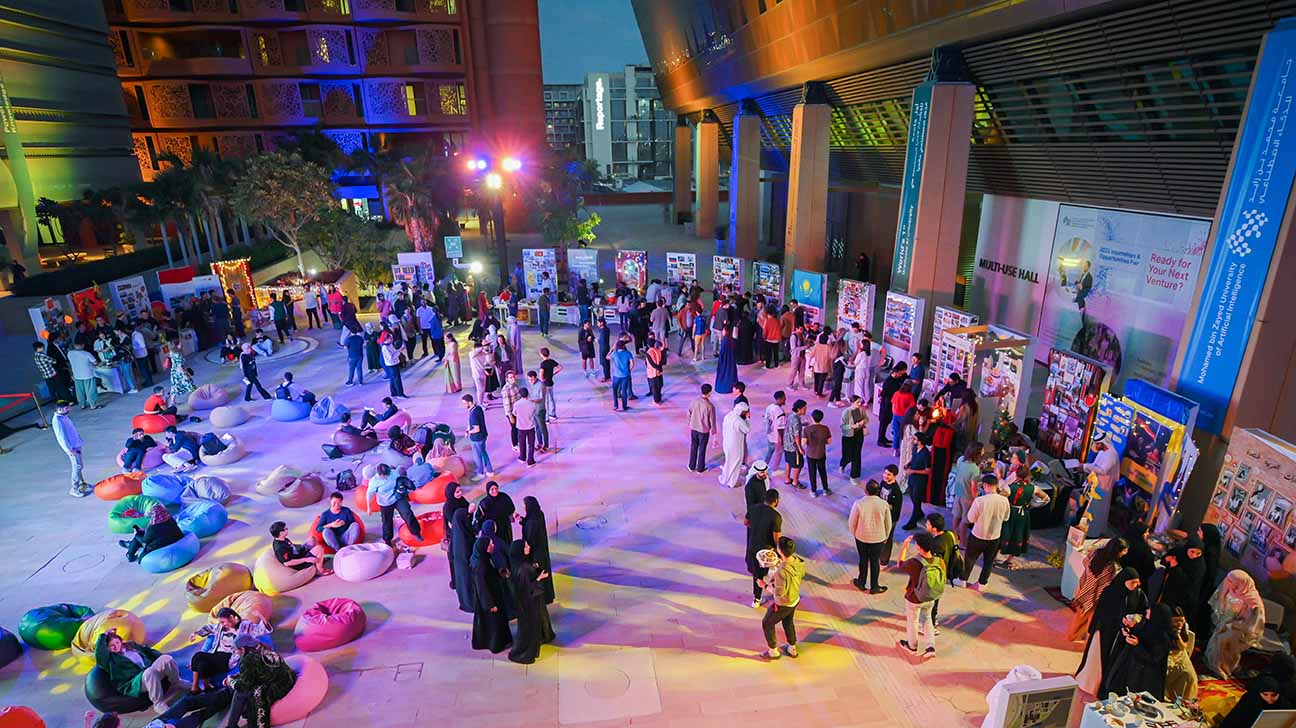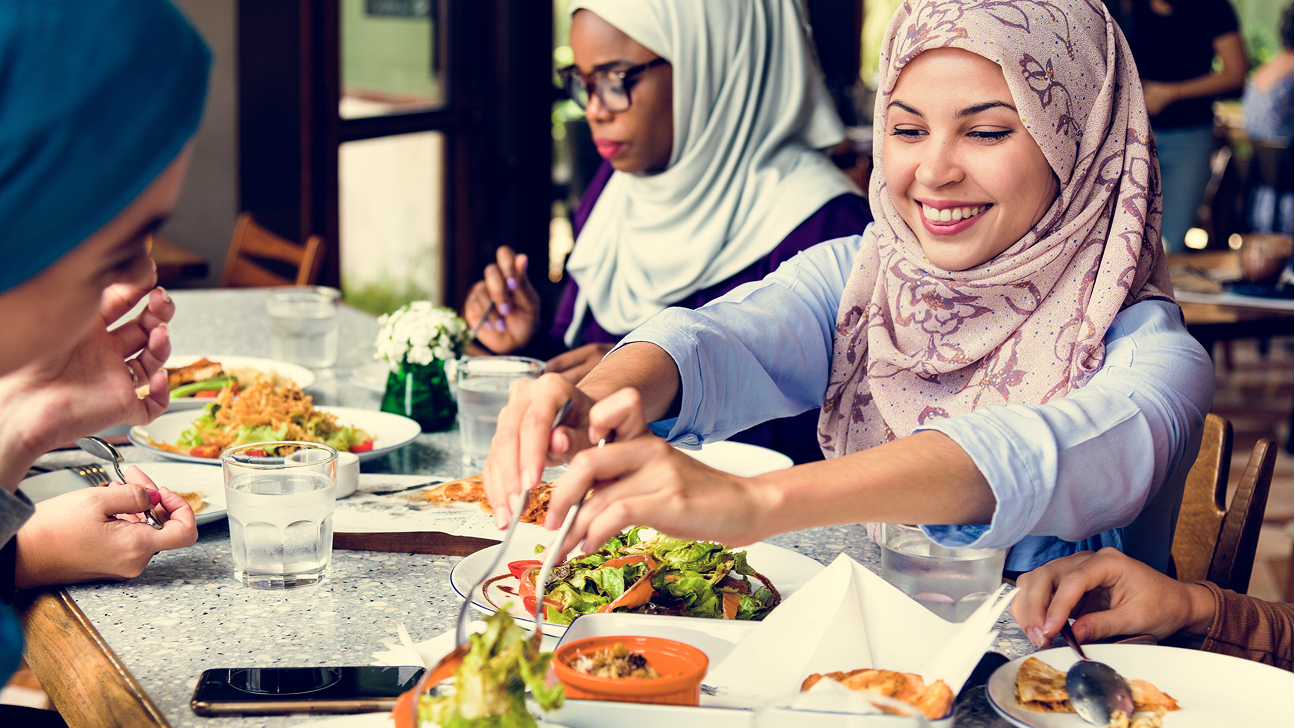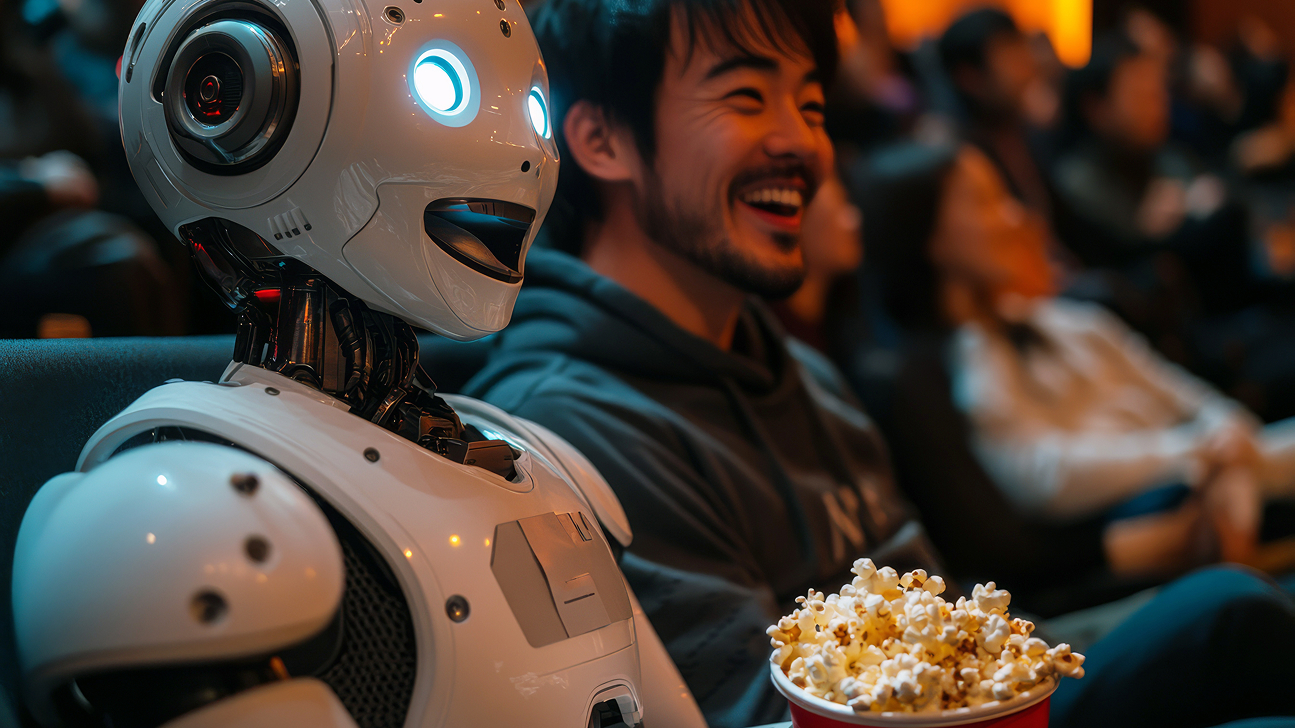Advancing cultural diversity through AI
Wednesday, May 21, 2025

Each year on 21 May, the World Day for Cultural Diversity for Dialogue and Development highlights the richness of the world’s cultures and acknowledges the importance of cross-cultural dialogue for achievement peace and sustainable development.
At MBZUAI, using AI to improve cross-cultural understanding is a key field of research. This is hardly surprising given its location in Abu Dhabi – a multicultural hub at the crossroads of the world, where nearly 200 nationalities converge.
Through such research, the University aims to contribute not only to the UAE’s goal of creating a diverse, tolerant and inclusive society, but also the global mission to promote intercultural dialogue, peaceful coexistence and mutual respect.
Today, as we celebrate the United Nations’ World Day for Cultural Diversity for Dialogue and Development, we spotlight some of MBZUAI’s groundbreaking work at the intersection of AI, cultural understanding and inclusivity.
1) Unveiling cultural biases in LLMs
MBZUAI researchers including professor of natural language processing Monojit Choudhury have explored the limitations of large language models (LLMs) such as GPT-4o in recognizing cultural references. Their study, “Reading between the lines: Can LLMs identify cross-cultural communication gaps”, assesses the ability of LLMs to identify cultural nuances in book reviews from Goodreads. This research underscores the need for AI systems to be more culturally aware to serve diverse populations effectively.
2) A tool for understanding cultural references
To enhance AI’s cultural sensitivity, a team from MBZUAI developed Culturally Yours, a tool designed to help users comprehend cultural references in text. The initiative aims to bridge cultural gaps by providing context and explanations for culturally specific terms and expressions, fostering better communication and understanding across cultures.
3) Introducing a new language benchmark
Recognizing the importance of linguistic diversity, researchers from MBZUAI introduced the All Languages Matter Benchmark (ALM Bench), designed to promote cultural diversity. Evaluating multimodal LLMs across 100 languages, many of which are low-resource, this new benchmark represents a significant step toward inclusive AI that respects and understands a multitude of languages and cultures.
4) Supporting low-resource languages: Jais, Nanda and Sherkala
A key focus for MBZUAI is opening up the potential of AI to communities around the world by developing LLMs tailored to low-resource languages. The first of these was Jais, released in 2023 in collaboration with G42’s Inception and Cerebras Systems. Jais is the world’s most advanced Arabic LLM: open-sourced and trained to understand and process the Arabic language, including the unique and cultural aspects of different dialects. Nanda and Sherkala followed in 2024 — the world’s most advanced open-source Hindi LLM and Khazakh LLM respectively. Nanda is helping more than half-a-billion Hindi speakers harness the potential of generative AI in their mother tongue, while Sherkala empowers more than 13 million Kazakh speakers.
5) Addressing cultural bias in generative music models
MBZUAI researchers, including associate professor of machine learning Gus Xia, have conducted a study to identify biases in generative music-language models, particularly focusing on non-Western music. Their findings, presented at the NAACL conference, aim to enhance the cultural inclusivity of AI-generated music by ensuring that these models accurately represent diverse musical traditions – cultural markers that carry the history, values, emotions, and identity of different communities around the world.
Together, these initiatives exemplify the critical role of AI in fostering cultural understanding and inclusivity — enabling better dialogue between people around the world and highlighting the potential of technology to bridge divides.
- United Nations ,
- UNESCO ,
- low resource ,
- dialogue ,
- music ,
- benchmark ,
- inclusion ,
- cultural awareness ,
- culture ,
- language ,
- diversity ,
- llms ,
- large language models ,
Related
Teaching language models about Arab culture through cross-cultural transfer
New research from MBZUAI shows how small, targeted demonstrations can sharpen AI cultural reasoning across the Arab.....
Read MoreAI and the silver screen: how cinema has imagined intelligent machines
Movies have given audiences countless visions of how artificial intelligence might affect our lives. Here are some.....
- cinema ,
- art ,
- fiction ,
- science fiction ,
- artificial intelligence ,
- AI ,
Mind meld: agentic communication through thoughts instead of words
A NeurIPS 2025 study by MBZUAI shows that tapping into agents’ internal structures dramatically improves multi-agent decision-making.
- machine learning ,
- neurips ,
- agents ,


